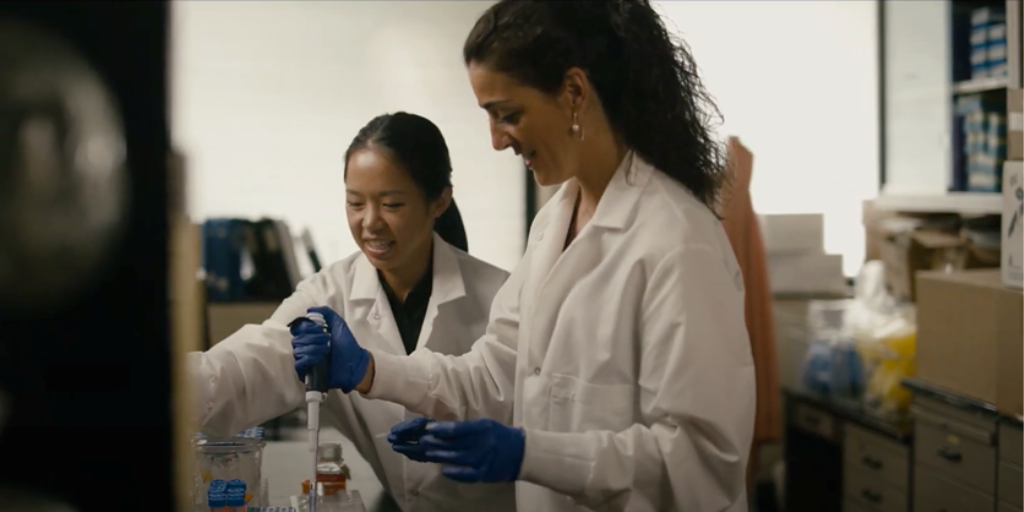Innovative omics research at the University of Guelph (U of G) is being used to tackle economic and environmental challenges in Canadian beef production to transform the industry. The agriculture sector in Canada has long grappled with its contribution to greenhouse gas emissions, with beef production standing out as a significant contributor. Now, cutting-edge omics technology will help improve beef production efficiency while reducing its environmental footprint.
The Canadian agriculture sector accounts for 10% of the country’s total greenhouse gas emissions, and beef production is the most significant contributor per kilogram of live weight. Specifically, methane emissions from enteric rumen fermentation have been identified as a substantial issue, sapping energy that could be used for maintenance or increased production efficiency.
Researchers at U of G are exploring the potential of breeding practices to create cattle that emit less methane and are more feed-efficient. The implications are significant: reduced feed costs by $108 per cow per year and the potential to decrease methane emissions between 11% to 26% in 10 years. Achieving these goals would be a substantial step toward Canada’s National Beef Strategy, which aims to reduce primary greenhouse gas emission intensity by 33% by 2030 through enhanced feed efficiency.
The foundation of this research is the integration of genomics and omics, which is instrumental in improving the selection process for more desirable and sustainable beef animals. Dr. Angela Cánovas, a professor of Beef Cattle and Small Ruminants Genomics and OAC Research Chair in Phenomics and Systems Biology in the Department of Animal Biosciences, and her research team, including Dr. Stephanie Lam, research associate in Animal Breeding and Genetics, have been at the forefront of this transformative research. With funding from Food from Thought and the Beef Farmers of Ontario, they have harnessed high-throughput sequencing technologies to explore genomics and transcriptomics – collectively called omics disciplines – to understand a wide range of biomolecules.
Using state-of-the-art transcriptomics through RNA-Sequencing technology, the Cánovas Lab has developed bioinformatics pipelines capable of identifying potential functional genetic markers such as SNPs and INDELs that influence feed efficiency in beef cattle.
“What sets this research apart is its potential applicability to other livestock species and traits, expanding the scope of benefits beyond beef production,” said Dr. Cánovas.
“Significant findings can emerge from this research, including critical regulatory genes and novel genes that impact an animal’s ability to convert feed into meat or milk, as well as its methane emissions.”
She explains that her research team has unveiled specific bacterial species that significantly affect efficiency in certain beef cattle breeds by bridging the gap between host genomics and rumen microbiology.
The next critical phase of this research involves validating the identified genetic markers using customized DNA genotyping panels across different Canadian beef populations. Beyond the lab, knowledge transfer and translation efforts are actively underway, involving collaboration with stakeholders, producers, and breeders through association meetings, industry conferences, and workshops.
“Ultimately, we aim to bring this cutting-edge research to practical application by providing producers with customized DNA panels. These panels will empower producers to genotype animals specifically for high feed efficiency and low methane emissions, paving the way for a more sustainable and profitable future for Canadian beef production,” said Dr. Cánovas.
The convergence of genomics, omics research, and practical application will positively impact the Canadian beef industry, aligning it with sustainability goals and economic success. Dr. Cánovas and her team’s leading-edge research exemplifies the potential for science to lead the way in transforming agriculture for a greener and more efficient and sustainable future.


